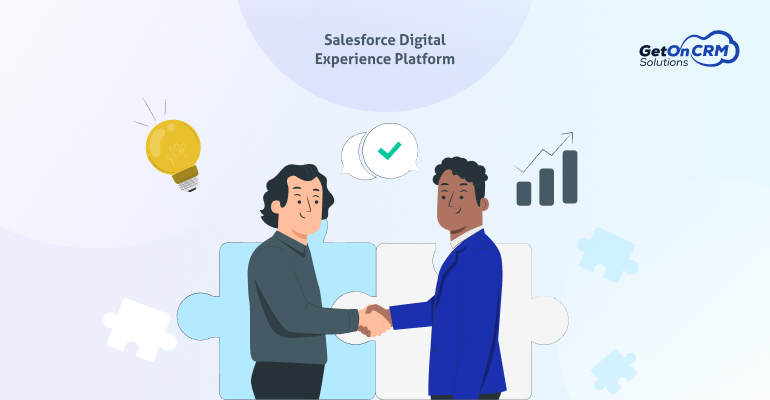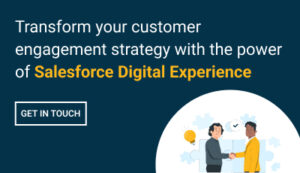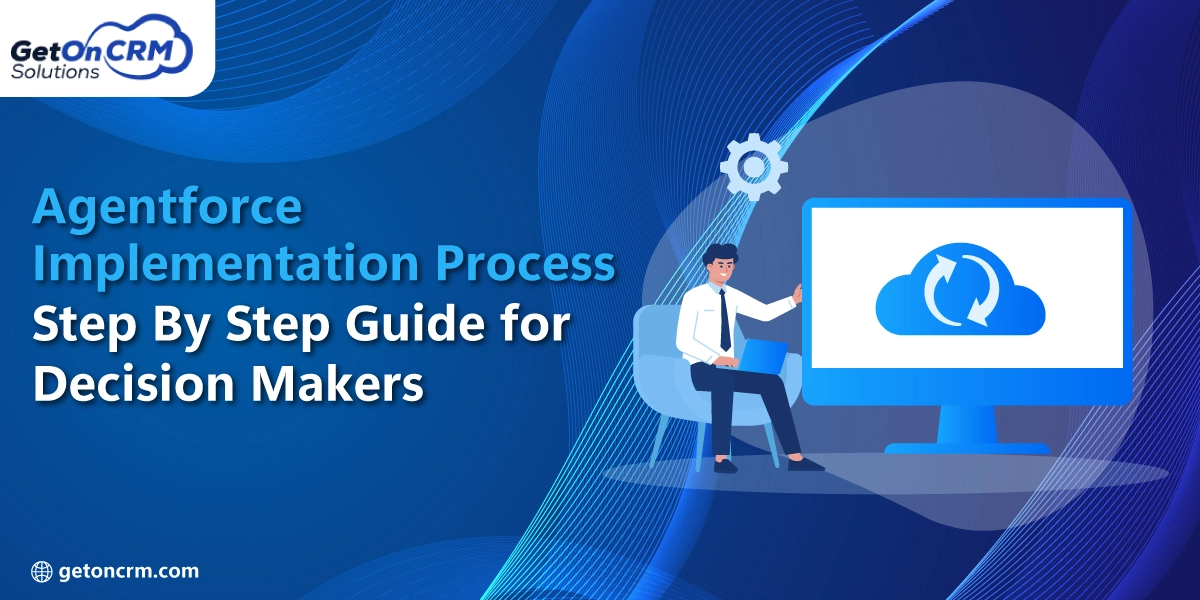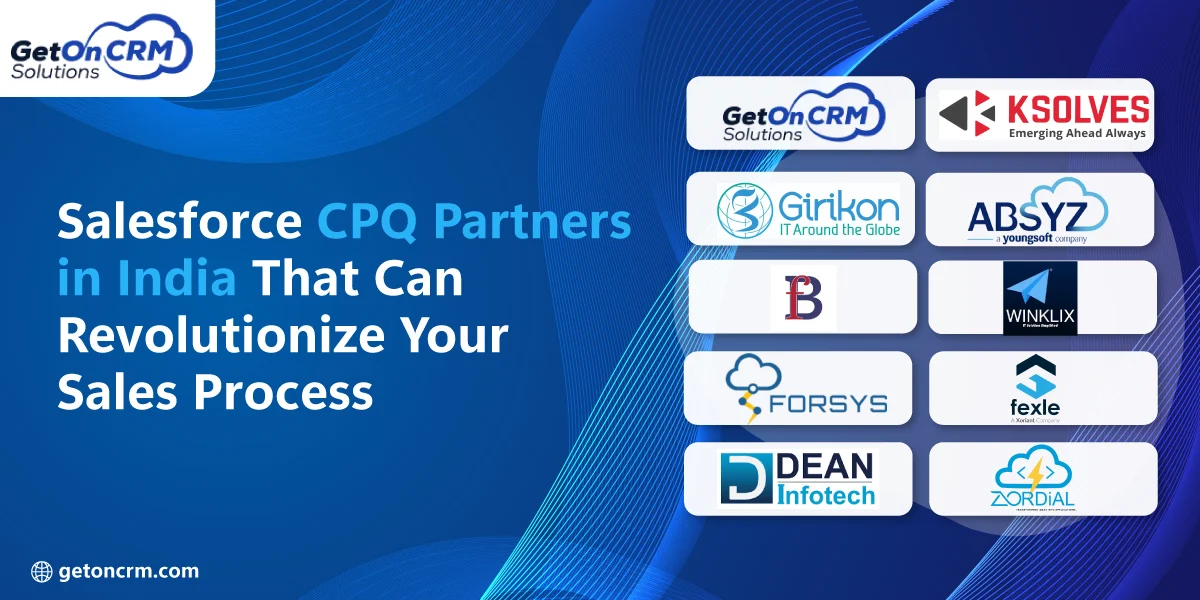In today’s digital age, customer relationships have become more crucial. Customers expect personalized and contextualized experiences from the companies they engage with, and failure to provide such experiences can result in lost business and a damaged reputation. This is where Digital Experience Platforms (DXPs) come in.
A Salesforce DXP platform helps businesses create and manage digital experiences across multiple channels, including web, mobile, social, and email. By investing in a Salesforce DXP, businesses can build stronger customer relationships by delivering personalized experiences that meet their needs and preferences.
With the help of a Salesforce DXP, businesses can analyze customer data and behavior to create targeted marketing campaigns that drive engagement and increase loyalty. By providing a consistent and engaging digital experience, businesses can differentiate themselves from competitors and build long-lasting customer relationships. A Salesforce DXP is essential to building a strong customer relationship and driving business growth in today’s hyper-competitive market.
Understanding Digital Experience Platform (DXP)
Definition of Digital Experience Platform and its features
A Digital Experience Platform (DXP) is a software solution that helps businesses deliver exceptional digital experiences to their customers across multiple channels and touchpoints. A DXP is designed to provide customers with a seamless and personalized experience by integrating various technologies, such as content management, marketing automation, customer relationship management, and analytics. One of the most popular DXPs in the market is Salesforce Marketing Cloud, which offers a wide range of features to enhance customer engagement, lead generation, and revenue growth.
The key features of a Salesforce DXP include content management, which allows businesses to create, manage, and deliver content across various channels, including websites, mobile apps, and social media. A DXP also offers marketing automation, which enables businesses to automate various marketing tasks, such as email campaigns, social media posts, and lead generation. Another crucial feature of a DXP is customer data management, which allows businesses to collect, analyze, and utilize customer data to provide personalized experiences.
Furthermore, a DXP offers omnichannel capabilities, which enable businesses to deliver consistent experiences across multiple channels and devices. A DXP also provides analytics and reporting tools to track customer behavior, measure the effectiveness of marketing campaigns, and optimize the customer journey. A powerful DXP tool helps businesses create engaging and personalized digital customer experiences. Salesforce Marketing Cloud is a leading provider of such a platform.
Also Read: The Salesforce Genie’s Magic Touch: Enhancing Business Strategies for Marketing and Sales Success
Building Strong Customer Relationships with a DXP
Strong customer relationships are essential for business growth and success. DXP can help businesses build such relationships by providing personalized and contextualized experiences, real-time communication, and consistent brand messaging. Your business should effectively leverage DXP and focus on creating a customer-centric culture, leveraging customer data, and using a data-driven approach.
Implementing a DXP in Your Business
Implementing a DXP can be challenging, but it is worth the effort. The first step in implementing a DXP is identifying business goals and determining which DXP provider is the right fit. Once a provider is chosen, DXP should be integrated with existing systems, and stakeholders should be trained to use it effectively. Ongoing optimization is critical to the success of DXP, and businesses should continuously review and analyze data to improve their customer experiences.
Also Read: Scaling Up Personalization With The Unique Features Of The New Salesforce Marketing Cloud
Future of DXP
Emerging trends and technologies in DXP, such as artificial intelligence, voice-activated interfaces, and blockchain, are set to transform how businesses engage with their customers. These technologies will enable businesses to provide more personalized experiences and further enhance data use in customer relationship management.
Conclusion
In conclusion, DXP is essential for businesses building strong customer relationships in the digital age. Businesses can ensure their customers feel valued and understood by providing personalized experiences, leveraging customer data, and using a data-driven approach. DXP is not without its challenges, but with proper planning, implementation, and ongoing optimization, businesses can overcome those challenges and enjoy the benefits of a successful DXP strategy With the expertise of a leading Salesforce silver consulting partner such as GetOnCRM, businesses can leverage the platform’s full potential and tailor it to their specific needs. By implementing a Salesforce Digital Experience Platform, businesses can stay ahead of the competition and build strong, long-lasting customer relationships.
FAQs
How does DXP help in building strong customer relationships?
DXP helps businesses build strong customer relationships by providing personalized and contextualized experiences, real-time communication, and consistent brand messaging.
What are the different types of DXP available in the market?
Different types of DXP are available in the market, including content management systems, customer data platforms, and marketing automation platforms, among others.
How can businesses implement a DXP?
Implementing a DXP involves identifying business goals, selecting the right DXP provider, integrating DXP with existing systems, and properly training stakeholders.
What are the challenges in implementing a DXP, and how can they be overcome?
Challenges in implementing a DXP include stakeholder buy-in, integration with existing systems, and ongoing optimization. These challenges can be overcome with proper planning, implementation, and optimization.





















